
The trial is evaluating pembrolizumab (Keytruda) in combination with cisplatin plus 5-fluorouracil for the first-line treatment of patients with locally advanced or metastatic esophageal cancer.

Your AI-Trained Oncology Knowledge Connection!


The trial is evaluating pembrolizumab (Keytruda) in combination with cisplatin plus 5-fluorouracil for the first-line treatment of patients with locally advanced or metastatic esophageal cancer.

The findings supported the accelerated approval of rucaparib for the treatment of men with metastatic castration-resistant prostate cancer who have a deleterious BRCA mutation and who have previously received androgen receptor-directed therapy and taxane-based chemotherapy.
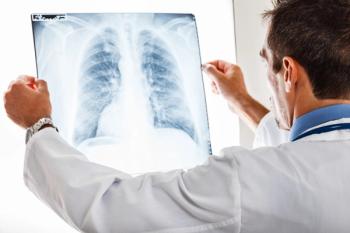
These findings suggest that the current lung cancer screening guidelines undercount African Americans and should therefore be modified to avoid worsening the observed disparities between white and African American ever-smokers in lung cancer outcomes.
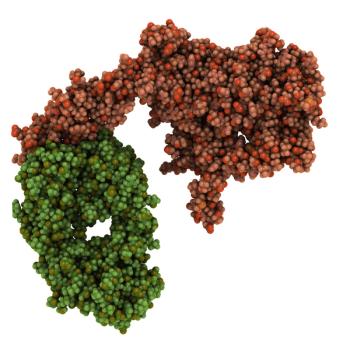
The study is designed to evaluate the safety and tolerability, pharmacodynamics, and preliminary efficacy of ACE1702 in patients with advanced or metastatic HER2-expressing solid tumors.

The breast cancer expert discussed research recently published in Cancer Medicine, which suggested that delays in adjuvant chemotherapy are associated with worse survival in this patient population.
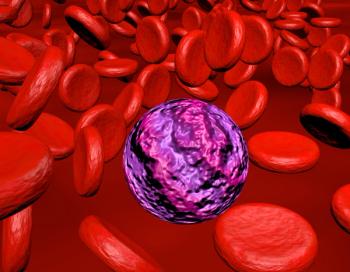
The multi-institution trial randomized patients with acute myeloid leukemia to receive either a combination of venetoclax and azacitidine or azacitidine plus placebo.

Researchers indicated that these findings suggest providers should avoid delays and begin chemotherapy no later than 90 days after surgery, regardless of the patient’s breast cancer subtype or age.

If approved, durvalumab could be administered intravenously every 4 weeks at a fixed dose of 1500 mg in unresectable stage III NSCLC after chemoradiation therapy and in previously treated advanced bladder cancer.
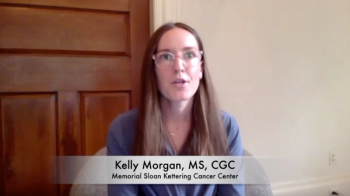
The MSK expert discussed how telemedicine may change genetic testing and its access for patients.

Researchers indicated that especially among women considered to be midlife, metastatic breast cancer creates a high economic burden through lost productivity.

The latest episode of “Oncology Peer Review On-The-Go” examines how the coronavirus disease 2019 pandemic is impacting routine cancer screenings, and the strategies to get those appointments rescheduled.

The FDA granted priority review to the new drug application for trilaciclib for patients with small cell lung cancer being treated with chemotherapy.

This study found that implementation of the enhanced recovery after surgery pathway combined with prehabilitation programs can significantly change the postoperative course of patients.

A study published in JAMA Network Open found that women who were diagnosed with interval breast cancers within 1 year of a negative mammogram result experienced worse survival rates than patients with breast cancer detected by screenings.
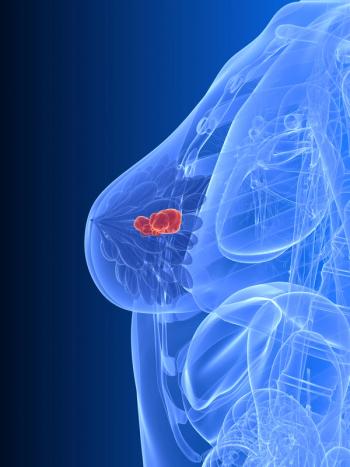
Though the results still need to be confirmed, researchers suggested these findings indicate a need to better understand how BMI affects the biology, progression, and treatment efficacy of breast cancer.
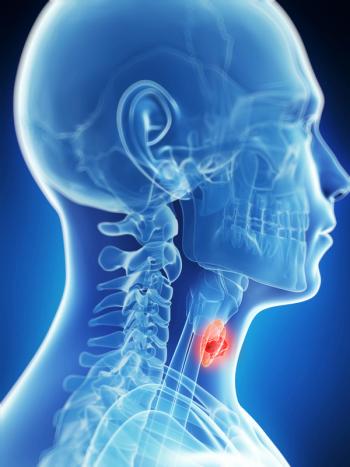
A phase 2 study found that data from a 3-year follow up showed statistically significant improvements in overall survival for patients with high-risk locally advanced squamous cell carcinoma of the head and neck treated with an IAP antagonists with chemo-radiation therapy.

The Oncologic Drugs Advisory Committee voted in favor of the available data supporting the efficacy of remestemcel-L in pediatric patients with steroid-refractory acute graft-versus-host disease.

The implementation of optimized workup as a diagnostic workup in patients with head and neck cancer led to a significant reduction in the time-to-treatment interval.

Researchers found that breast cancer survivors who were prescribed adjuvant endocrine therapy and regularly performed moderate physical activity reported better health-related quality-of-life.

Study findings suggested that survivors with severe hearing loss are at a significantly increased risk for neurocognitive deficits, independent of what type of therapy they receive.

A study published in JCO Clinical Cancer Informatics found significant decreases nationwide in the number of patients being seen for cancer-related care due to the COVID-19 pandemic.

Researchers suggested that these findings support using minimal residual disease as a major stratification variable in all clinical trials to be conducted in patients with triple negative breast cancer.

These study results suggested that a longer time to surgery does not lower overall survival for women with early-stage breast cancer who had to delay operations due to the COVID-19 pandemic.

CancerNetwork® will be hosting a tweet chat on survivorship this Friday, August 14th, at 1 PM EST.

The American Society of Hematology released guidelines that “take providers through the conversations they have with newly diagnosed patients, almost in real-time.”

The expert oncologist/hematologist spoke with CancerNetwork® about the challenges brought to light by the current pandemic.

The study is evaluating itolizumab in patients with severe acute graft-versus-host disease as a first-line treatment concomitant with standard of care.

Bristol Myers Squibb announced that their phase 3 CheckMate-649 trial demonstrated superior overall survival and profession-free survival using nivolumab plus chemotherapy to treat patients with gastric and esophageal cancers.
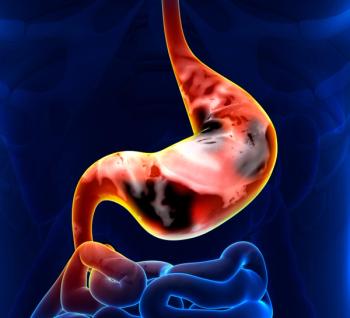
Bristol Myers Squibb’s CheckMate-577 trial, which evaluated nivolumab to treat patients with resected esophageal or gastroesophageal junction cancer, met the primary end point of disease-free survival.

A complete response letter was issued to Fennec Pharmaceuticals regarding the new drug application for a unique formulation of sodium thiosulfate (Pedmark).